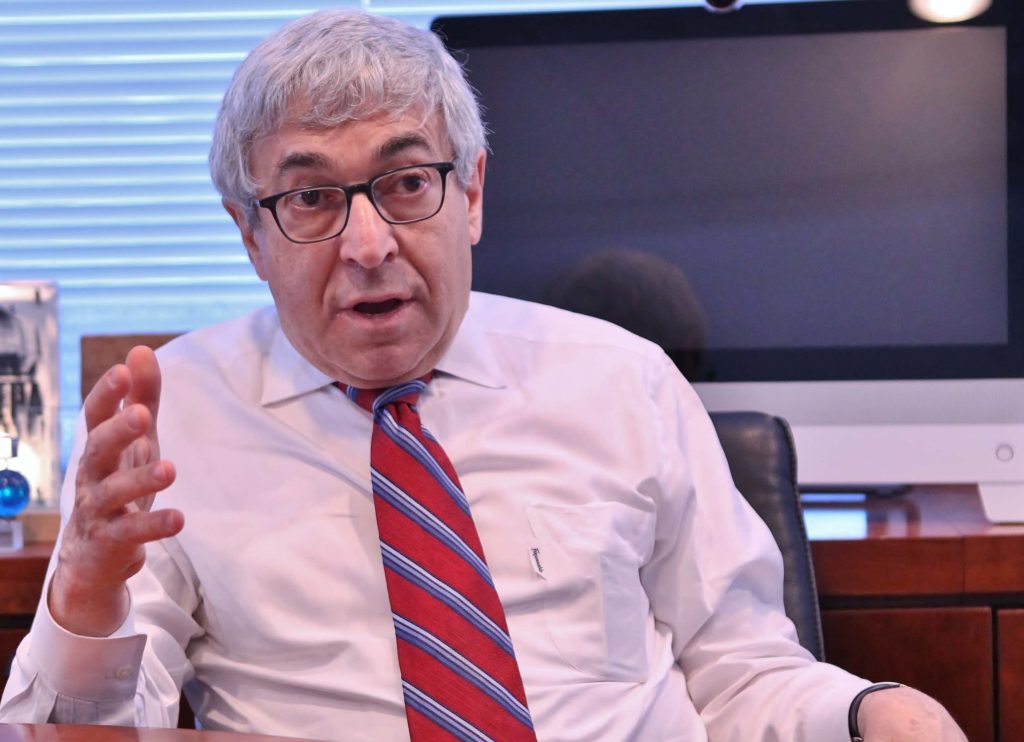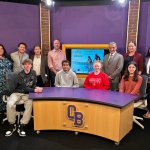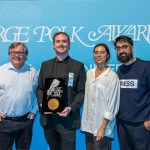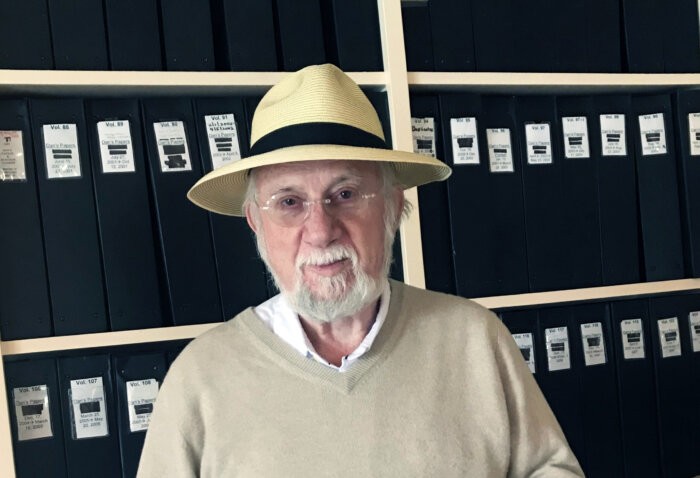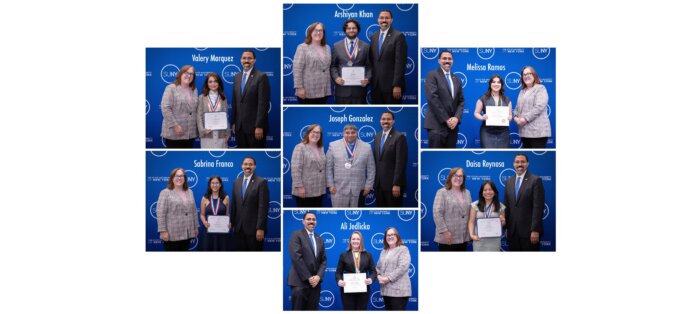Born in Port Elizabeth, South Africa, Stanley Bergman earned his accounting degree in 1973 and emigrated to the United States shortly thereafter. After a stint with BDO, he joined Henry Schein, the world’s largest dental and medical supplies distributor, as chief financial officer in 1980. Nine years later, he was named chairman and chief executive officer of what is now Long Island’s lone Fortune 500 company. Henry Schein, Inc. is LI’s largest publicly-traded company as measured by sales, which totaled $12.5B in 2017.
For most of us, our parents are our first influencers. How have your parents influenced you? My parents, Arnold and Ruth, were refugees from Germany. They came over to South Africa in 1936 and opened a store. This was during the apartheid era. We lived in an area called Port Elizabeth. It was a remarkable community where mixed-race people, blacks, descendants of people who had been slaves, Malay people, Chinese people, Dutch people and Huguenots, lived together. They created these phenomenal communities during the apartheid era. I was fortunate enough to grow up in one of them. While growing up I learned you can get things done by understanding other peoples’ cultures.
What do you mean? Businesses can thrive by being involved in the community. My father was very involved in the community. He taught me that if somebody is poor and has a challenge, you help that person and the whole community will respect you. They’ll work with you to make sure your business is successful. He was beloved in his community. When he walked down the street, if someone stopped him and asked for his help, he gave it. I learned from his example. If someone knocks on the door right now and says they have a problem, I’ll excuse myself and try to help. I know I’ll get paid back in spades.
You’ve mentioned Nelson Mandela as a major influence. Mandela’s autobiography was a thick book and not easy to get through, but well worth reading. About 10 years ago another book was published [Mandela’s Way: Lessons for an Uncertain Age, by Richard Stengel and Nelson Mandela]. I was impressed with Mandela’s insistence on always looking like the leader, even when he was in shackles. He addressed people like a leader. He also communicated that bravery is not merely the absence of fear. Having fear doesn’t mean you can’t be brave also.
Meaning you can’t use fear as an excuse? Everybody is fearful. That doesn’t mean you shouldn’t do something [when circumstances call for it].
What else did you learn from Mandela? I remember how after he was released from prison, one of his first acts was to invite his jailer to visit his home as his guest. They ate together. That impressed me as an act of leadership.
Speaking of leadership, what does it mean to you? Authenticity. Leadership is about engaging people. Authenticity is the key to engagement. If you are authentic you will engage people. If you engage everyone you will win.
Hardly an easy task. The key is to find people who believe in your company’s DNA. Leaders are DNA carriers. You can lead by putting people in roles for which they might not be technically perfect, but if they carry the DNA – that is, if they’re culturally qualified – they can lead. These are the people who are culture missionaries. They go out and spread the culture.
Why is that important? We have thousands of competitors around the world. There is nothing whatsoever that Henry Schein does that others can’t do. We are the biggest by far because we have the best culture. Culture is about values. Culture adapts over time, but the values you build your culture on have to remain constant. The ways they align with your constituents are what makes you successful.
HENRY SCHEIN, INC.
Melville, N.Y.
Global distributor of healthcare products and services
Fortune 500 ranking: 235th (2017)
Revenue (2017): $12.5B (Up 8 percent over 2016)
Number of employees: 22,000+
17 consecutive years on Fortune’s World’s Most Admired list



